New research: Mutual Aid in Crisis and Disaster Situations
Dr Claire McLisky, a Plan C board member, is currently undertaking a small research study on mutual aid – or neighbours helping neighbours – in times of crisis in Uki and surrounds. The study is part of a larger project funded by the Groupe URD, a humanitarian think tank based in France, which looks at mutual aid in different types of crisis situations in six case studies across four countries. Its purpose is to understand how mutual aid works, and how it relates to institutional aid interventions (e.g. the actions of agencies like the SES, RFS, and different levels of government) on the ground. Uki (and the Northern Rivers more generally) was chosen as a case study because of its experience of multiple, compounding environmental crises over the past five years; this research focuses specifically on the 2019-20 Black Summer fires and the 2022 floods.
To date, Claire has conducted 25 interviews with community members and representatives of emergency services and government agencies. These interviews are now in the process of being transcribed and coded so that Claire and Emma Pittaway from the Plan C Research Team can use them to answer a variety of questions about grassroots community mobilisation in times of crisis.
Ultimately, we hope to be able to identify the conditions that help such mutual aid to thrive, and the elements that can challenge or restrict it, particularly in these times of compounding crises. So far one very strong emergent theme is that communities need both ‘hard’ and ‘soft’ skills when crises occur, exemplified by this quote from one of our interviewees:
‘[Resilience] is not just about, you know, bottled water and generators. It's also about things like [community art] that provide that place for people to feel connected... So there's different ways to contribute to the community and give, it isn't always frontline.’
The Mutual Aid in Crisis and Disaster Situations Uki case study runs until the end of September, when a report is due to Groupe URD. After that, we will use the data collected to develop resources for the Greater Uki community based on consultations done in the interviews.
Main image: Four of the Resilient Uki (RUKI) members with their new community connection trailer.
Circular images: Mutual aid examples

